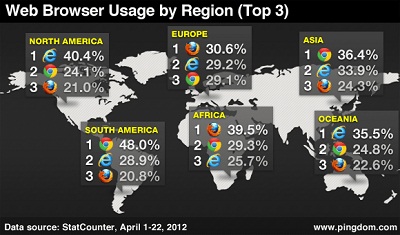

At the same time, that engine of global growth, the US consumer, is now seeing earnings gains running below trend for the first time since the pandemic hit. In other words, we seem to be entering a very different economic cycle and one in which for most of the world, government spending is falling dramatically and interest rates are on the rise. While commodities and commodity-related stocks will provide a better hedge against inflation than, say, bonds, it is still a portfolio that is leveraged to growth – and that is in short supply at the moment with the US and European economies already stalling and China running on empty. “Our version of FAANG 2.0 reflects a new world of geopolitical risks and resource/hard asset intensity and is defined by rotations toward these areas.” Read the leading stories from the world of business.Įnter email address This field is required Sign Up The FAANGs for the new era are, according to Merrill, fuels, agriculture, aerospace and defence, nuclear, renewables and gold, metals and minerals. So there really is a feeling of change in the air for the companies that have led stock markets higher in the past two decades. And it was running the slowest pace of gains in any quarter of the past 20 years. Meta’s Facebook lost half a million users in the last three months of last year, its first fall in 18 years.Ĭoming off the Covid-driven surge of the past two years, Amazon’s first quarter revenues increased by just 7pc, down from the heady 44pc expansion in the year-ago period. That all came to a juddering halt as investors finally woke up to the prospect of a prolonged rate hike cycle to combat inflation. Instead of leading markets higher for longer on the prospect of ever fatter earnings, they have to contend with rising interest rates and a newly determined Federal Reserve.įrom the start of the pandemic to March 2, 2020 these stocks added a stunning $3.2trn in market capitalisation, according to calculations by Merrill Lynch. You might be forgiven for wondering whether the stock market boom was ever anything more than an overhyped Reddit meme, no different in many ways from those in the now-imploding cryptoverse.Ī world in which the FAANG stocks – Meta (formerly Facebook), Amazon, Apple, Netflix, and Alphabet (formerly Google) – deliver endless growth and earnings is well and truly over. Suddenly after making sense seemingly forever – well, ever since central banks cut rates close to zero in the noughties and starting printing trillions of euros, dollars and yen in new money – the ‘TINA’ stock market trade (there is no alternative) has blown up in what Bloomberg says is an $11trn wipeout across the globe.


 0 kommentar(er)
0 kommentar(er)
